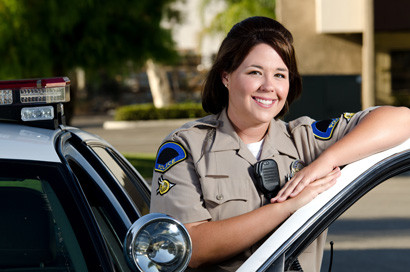News
Police in Gloucester, MA offer amnesty, treatment to addicts

Editor’s note: This story addresses opioid addiction primarily, not alcoholism, but we at PGDF wished to share it as evidence of the growing movement to reduce stigma around alcoholism and drug addiction. More and more, addiction is being viewed as a disease, not a moral failing or indicator of criminality, and addicts are being viewed as people deserving of empathy and treatment, not punishment. We at PGDF applaud this change, for those addicted to alcohol or any substance.
A Massachusetts police department is working to shift the focus from arrest to treatment for people with opioid addictions.
The Gloucester Police Department’s Angel Program allows drug users to surrender their drugs and drug paraphernalia without criminal charges if they agree to immediate drug treatment. The pilot program, begun in June 2015 by Police Chief Leonard Campanello, is open to all regardless of income or insurance status.
Those who choose to participate meet with a clinician to map out a treatment plan and choose a treatment facility that meets their needs. A volunteer, or “angel,” who may have struggled with addiction themselves, sticks with them through the process. Campanello said that extra costs to the police department have been minimal and have been paid from the city’s drug seizure money.
“I have spent a lot of time analyzing the data,” Campanello says. “And the science proves that [addiction] is a disease, not a crime.”
Growing interest from other cities and towns prompted Campanello, along with several others, to found the Police Assisted Addiction and Recovery Initiative (PAARI), a nonprofit organization that supports the Gloucester Police addiction initiative and helps other police departments to create and implement similar programs. PAARI partners with treatment centers around the country to coordinate treatment and also works with federal and state legislators to introduce bills.
Policy makers are taking note: Boston Mayor Marty Walsh is considering adopting the policy and Massachusetts governor Charlie Baker has announced a $27 million plan to treat drug addicts, with $800,000 of these funds being earmarked specifically for an “addiction awareness campaign” to reduce the stigma surrounding addiction.